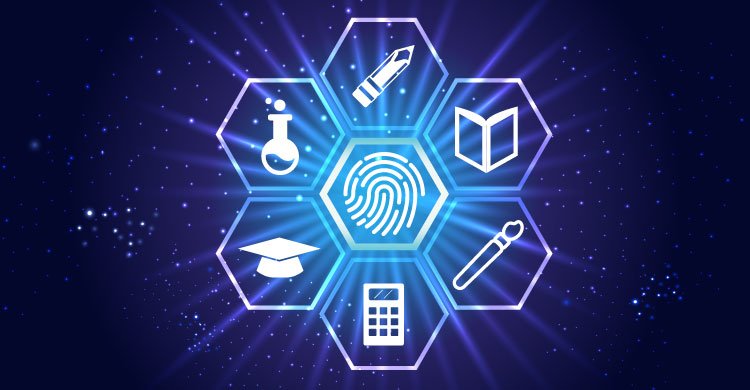Based on Personalized Learning in a PLC at Work™
Have you ever wondered why differentiation is so elusive and challenging to implement in schools? For years, educators have attempted to differentiate with a varying degree of success. Ask any school leader, and they would be very happy if teachers would intentionally plan and deliver instruction that differentiates at three levels: high, middle, and low. Yet we all know that every student is unique. Students come to our classrooms and schools with different learning backgrounds, home situations, and levels of attainment, not to mention a vast array of student interests and passions.
Being proponents of personalized learning, we are excited to see the idea of personalization coming into the mainstream. As personalization gains more momentum in schools, we have noticed that many of the strategies schools are using to implement personalization rely on the same singular resource as differentiation: a superhero teacher. The notion that any individual teacher could possibly meet the individual needs of every learner is deeply flawed and doomed to repeat the cycle of frustration, fatigue, and burnout.
The flawed narrative of the superhero teacher is one of our drivers in connecting Professional Learning Communities at Work™ with personalized learning. The ethos of PLCs requires schools to deconstruct the superhero teacher narrative and demand that teachers take collective action to ensure that all students learn at high levels. In our visits to over 150 different high-performing schools, we have observed the three big ideas of a PLC: 1) a focus on learning, 2) a culture of collaboration, and 3) a focus on results, being leveraged to implement personalized learning. The PLC supported by an effective system of interventions creates the ideal backdrop for schools to take the next step to personalize student learning.
Personalized learning is not a new strategy. The notion of personalized learning dates back to John Dewey and is at the heart of many constructivist approaches to learning. In the most recent reincarnation of personalized learning, the impetus for personalization, much like differentiation, lies with the teacher as the driver. In a recent Tech Crunch article, Max Ventilla, the founder of Alt School—arguably the most well-known personalized learning school system— noted that the success or failure of personalized learning lies in the student/teacher engagement. In its founding, Alt Schools promoted the superhero teacher narrative; they simply extended the narrative to include a supporting cast of computer programmers.
What seems to have been lost in the personalized learning movement is the role of the learner. In the current high-stakes, test-driven industrial education model, the teacher is the driver, and the students are the passengers. Sure, in some classrooms, teachers allow student drivers to share in the driving on occasion; however, the teacher has simultaneous control and is always there to control the situation if it gets out of hand. In these classrooms, the teacher holds the agency and guards it closely. Implementation of personalized learning in this model perpetuates the superhero teacher narrative.
It is our belief that the overarching reason that schools have struggled with differentiation and personalized learning is the absence of student agency. For learning to be personalized, students must take greater responsibility in the learning process. In our book, we define agency as the ability of a student to take intentional action that positively impacts their learning. Extending the driving metaphor, for personalized learning to work, the student must become the driver of the car, and navigator of the journey. The teacher becomes the urban planner that provides the structure, guidance, and environment for the students to drive.
This fundamental paradigm shift from teacher-centered to learner-centered instruction is vital if we want to personalize learning. If the last 20 years have shown us anything, it is that there simply are not enough superhero teachers out there to meet the diverse needs of our students. PLCs offer us an amazing opportunity to personalize learning by inviting the students into the process and asking teachers to shift from talking about students within collaborative teams, but instead talking with students as part of the collaborative process. By sharing and transferring agency to students, schools empower students to personalize their learning for themselves. That does not take a superhero, just a group of caring and committed teachers. We have those in spades!
Follow Sascha Heckmann and Timothy S. Stuart on Twitter @8degreesup and on their website www.8degreesup.com.
References:
DuFour, R., DuFour, R., Eaker, R., Many, T. W., & Mattos, M. (2016). Learning by doing: A handbook for Professional Learning Communities at Work™ (3rd ed.). Bloomington, IN: Solution Tree Press.
Loizos, C. (2017, November 22). “AltSchool wants to change how kids learn, but fears have surfaced that it’s failing students.” Retrieved March 1, 2018, from https://techcrunch.com/2017/11/22/altschool-wants-to-change-how-kids-learn-but-fears-that-its-failing-students-are-surfacing/.
[author_bio id=”1653″]
[author_bio id=”391″]







2e2e2e2ee2